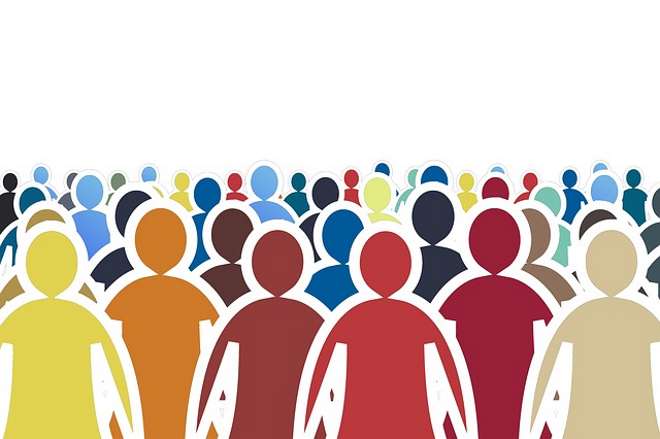Embracing Chronobiology: Tapping into Your Body's Natural Rhythm
Ever stopped to consider why you feel energized in the morning, creative in the afternoon, and tired by evening? It’s not just about getting a good night's sleep or following a healthy diet. It’s about your body’s internal clock, a concept rooted in the science of Chronobiology.

A Journey Through Time: Understanding Chronobiology
Chronobiology is the scientific field that studies biological rhythms and how they govern our physical functions, mental capabilities, and behaviors. The concept dates back to the 4th century BC when Androsthenes, a scribe of Alexander the Great, recorded diurnal leaf movements in tamarind trees.
Modern-day chronobiology has expanded to encompass a range of rhythms, with the circadian rhythm being the most researched. This 24-hour cycle governs numerous physiological processes, including sleep-wake cycles, hormone production, and even cognitive performance.
Living in Sync: How Our Bodies Respond to Chronobiology
Today, health and wellness experts are increasingly acknowledging the importance of aligning our lifestyle with our body’s natural rhythms for optimal health. Chronobiology governs not just when we sleep, but also when we should eat, exercise, and engage in cognitive tasks.
Ignoring our internal clock can lead to ‘social jetlag,’ a term coined to describe the mismatch between our body’s clock and our social activities. This can increase the risk of various health issues, including obesity, diabetes, and cardiovascular disease.
The Science of Sleep: Chronobiology’s Influence on Rest
Chronobiology plays a significant role in regulating our sleep patterns. The production of melatonin, the sleep hormone, is influenced by our internal body clock and external light cues. Disruptions to this rhythm, like shift work or frequent jetlag, can lead to sleep disorders and associated health issues.
Tuning into Our Internal Rhythm: Practical Strategies
Aligning our lifestyle with our body’s natural rhythm can enhance our health and well-being. Here are some research-backed strategies:
-
Adopt Regular Sleep-Wake Times: Going to bed and waking up at the same time each day can help maintain a healthy circadian rhythm.
-
Time Your Meals: Eating in sync with your body’s clock can support digestion and metabolism. Aim to eat your largest meal earlier in the day when your digestion is most active.
-
Adjust Your Workout Schedule: Exercise performance can vary depending on the time of day. Experiment to find the best time that suits your body.
Chronobiology in a Nutshell:
-
Chronobiology studies the biological rhythms that regulate our body’s functions.
-
Our circadian rhythm, a 24-hour cycle, governs numerous processes, including sleep and metabolism.
-
Living out of sync with our body’s natural rhythm can lead to ‘social jetlag’ and associated health risks.
-
Aligning our sleep, meals, and exercise with our body’s clock can enhance our health and well-being.
In conclusion, embracing the science of chronobiology and aligning our lifestyle with our body’s natural rhythm can offer significant health benefits. It’s not just about what we do but when we do it that matters. By tuning into our internal clock, we can optimize our health, boost our performance, and enhance our well-being.






